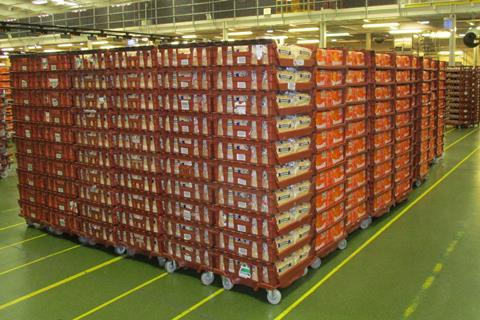
Simon Devereux, who recently joined Bakers Basco as chairman, outlines the importance of creating a system where reusable equipment thrives

With the recent 2022 United Nations Climate Change Conference (COP27) in Sharm El Sheikh perhaps not making as many headlines as COP 26 in Glasgow last year, it is critical we keep the focus on finding ever more sustainable solutions to the way the food industry operates.
Food packaging is a core part of this challenge as food producers and retailers find the right solutions that balance the amount of packaging required and its ability and ease of recycling with providing the functionality that consumers demand and minimising the risk of food waste being created.
Within the baking industry great strides have been made. The lightweight plastic bag or waxed paper wrap packaging bread is sold in is now largely recyclable, albeit still mainly at dedicated recycling points provided at the larger retailers. Bread bags using recycled material are being trialled and initiatives are underway to eliminate millions of items of plastic packaging from other bakery products.
However, the primary packaging the consumer sees tells only half the story. Much of the food supply chain is reliant on the use of cardboard cases, plastic shrink wrap and shelf ready packaging which represents a significant proportion of the tonnes of packaging used every year. Whilst ever greater quantities of this secondary packaging is recycled, it is certainly not reusable and is making a significant contribution to the sector’s carbon footprint.
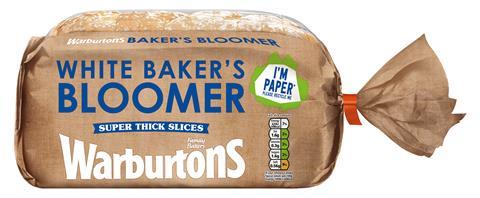
The baking industry is different. Its use of secondary packaging is minimal and this is all down to the humble bread basket. Whilst it is made from plastic, it is reusable hundreds of times over many years and when it is at the end of life it can be recycled to make the replacement basket. It is not just the basket that is important but the way the bakery supply chain has evolved to maximise the impact of its use. In most cases the packing equipment at the end of bakery lines have been set up to collate and load wrapped loaves of bread directly into the baskets which are then stacked ready to be loaded into the delivery vehicles.
The availability of a reusable and recyclable bread basket is only part of the story. The effective and efficient use of reusable equipment is only possible if there is a comprehensive system in place to manage and track where the baskets are being used, collected, and reintroduced back into the supply chain.
The use of the reusable and recyclable bead basket is a significant part of the sustainability story the baking industry has achieved so far
Fifteen years ago the five largest plant bakers in the UK realised the whole process could be managed most effectively by setting up an equipment management company whose original mission was to design, source and manage an industry-standard bread basket for the baking industry, allowing for significant cost savings in terms of the design, raw material procurement and production of both the basket and dolly and establishing a management system to ensure the equipment was reused in as efficient way possible. Bakers Basco was born and set up as a joint venture by five of the UK’s biggest bakeries – Allied Bakeries, Hovis, Fine Lady Bakeries, Frank Roberts & Sons and Warburtons, who between them represent much of the bakery market in the UK.
However, the sustainability benefits of such an approach is compromised by these bread baskets being misused and misplaced which can lead to them being dumped in landfill or ending up in the hands of unscrupulous recyclers who will chip the plastic and sell it on. Bakers Basco has developed an ever more effective process of tracking baskets, confronting these perpetrators and if necessary taking legal action but with every bread basket that gets taken out of this circular economy system, that’s when we have to create a new one – undermining the sustainability credentials of our industry and the environment in general.
As you can see the packaging the consumer sees tells only half the story. Behind the scenes, from a logistics perspective, the use of the reusable and recyclable bead basket is a significant part of the sustainability story the baking industry has achieved so far. Ways of improving the system are being continually being sought but the focus on searching out the illegal and unscrupulous use of the baskets which compromise the sustainability benefits will always be at the forefront of our efforts.



















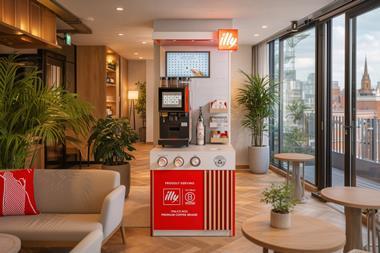
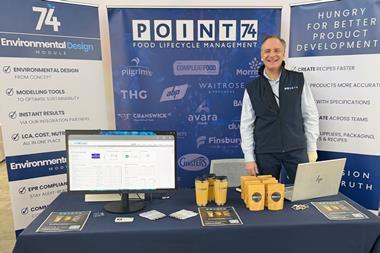


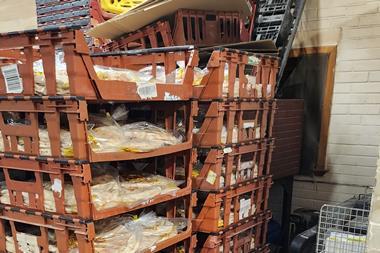



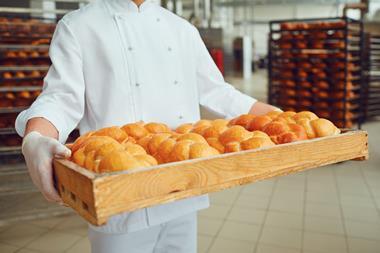

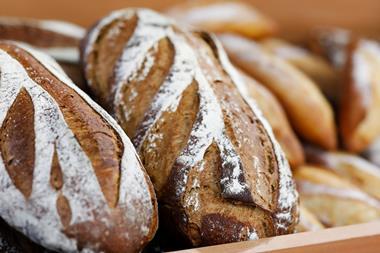
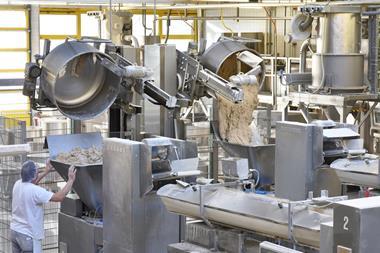

No comments yet